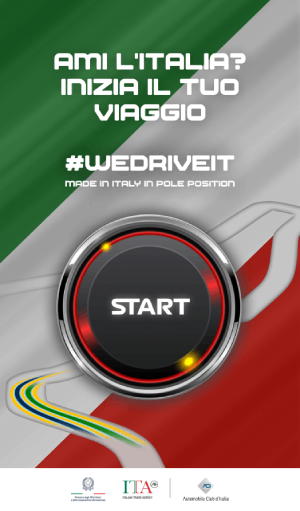Josep Borrell, the European Union’s top diplomat, is set to visit Israel, Palestine, and several Middle Eastern countries this week. Amidst ongoing tensions and recent conflicts in the region, Borrell aims to engage in discussions on humanitarian and political issues with regional leaders.
 by Ali Hassan
by Ali Hassan
Josep Borrell, the High Representative of the European Union for Foreign Affairs and Security Policy, has announced a significant diplomatic mission to the Middle East, scheduled for this week. His tour will encompass Israel, Palestine, and several key regional countries, including Bahrain, Saudi Arabia, Qatar, and Jordan. This visit underscores the EU’s active role in addressing the complex dynamics of Middle Eastern politics and humanitarian issues.
The itinerary for Borrell’s trip includes discussions on crucial matters related to humanitarian access and assistance, as well as broader political issues with leaders across the region. His visit comes at a particularly tense time, following a series of confrontations between Israeli forces and Hamas. The conflict, which escalated after surprise attacks against Israel by Hamas on October 7, has resulted in significant casualties and humanitarian concerns.
According to reports from health authorities in Gaza, run by Hamas, over 11,000 people have been killed in the Israeli offensive on the Gaza Strip. The densely populated area, home to approximately two million people, has also faced severe restrictions on essential supplies, including food, water, and fuel, imposed by Israel over the past month.
Borrell’s approach to the ongoing crisis has not been without controversy. Recently, he faced criticism from within the EU diplomatic circles for publicly expressing views on the Israel-Hamas conflict that exceeded the consensus of EU member states. His blunt remarks have sparked internal dissent, highlighting the delicate nature of the EU’s position in regional conflicts.
The visit is poised to be a critical moment for EU diplomacy in the region. Borrell’s engagements with leaders in Israel, Palestine, and neighboring countries will likely focus on finding pathways to alleviate the humanitarian crisis and exploring political solutions to the enduring conflicts. The outcomes of these discussions could have far-reaching implications for the EU’s role and influence in Middle Eastern affairs.
(Associated Medias | FAD) – All rights reserved.








